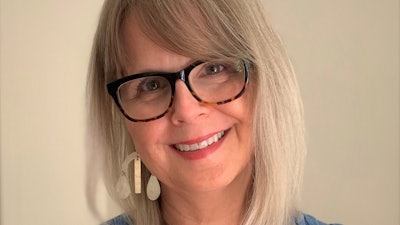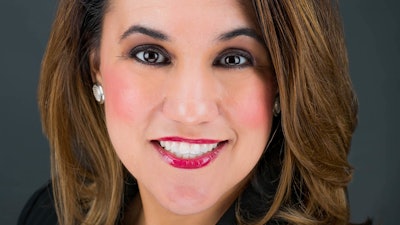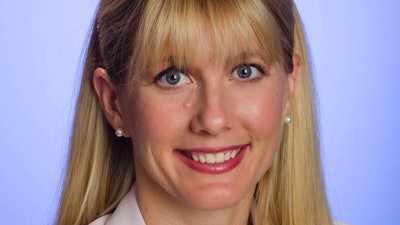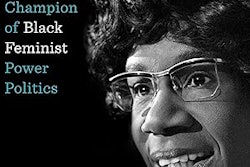 Courtney Adkins
Courtney Adkins
Some student populations are more likely than others to participate in these programs, however. To understand how to ensure better access and promote positive outcomes for all students in dual enrollment programs, community colleges need to understand the dual enrollment experience from the perspective of students themselves. CCCSE, with assistance from an advisory panel of experts, developed the Dual Enrollment Survey of Student Engagement (DESSE) to help college leaders learn from these students. Almost 4,500 students from 17 colleges across 11 states responded to the fall 2022 DESSE pilot administration. Since this was a pilot administration, the survey results may not be generalizable to a larger population — but they provide early insights into this growing population of college students.
 Linda L. García
Linda L. García
Forty-five percent of all respondents said a reason they were taking dual enrollment courses was to earn credit toward a bachelor’s degree, but when this data point is disaggregated by first-generation status and race, differences in aspirations are revealed: 50% of continuing-generation students reported they want to earn credit toward a bachelor’s degree, compared to 35% of first-generation students. African American and Latino students were less likely than white students to mark earning credit toward a four-year degree as a reason for participating in dual enrollment. When asked about support services, 51% of respondents said they had not interacted with an academic advisor from the community college. Of the 49% of students who did interact with an advisor, only one-third reported talking about courses that would transfer toward an intended program at a four-year college. When community college students take student success courses and first-year experience courses that introduce them to the available support services at the college, they almost always relate that they are glad they did so. Dually enrolled students are no different. One said this in a CCCSE focus group: “I took the first-year experience course when I was a [dual enrollment] student. … I feel like it was very beneficial because I was young, and it was my first experience in college. It really helped me understand how college works [and] know what resources are available.”
 Coral Noonan-Terry
Coral Noonan-Terry
The findings from the DESSE pilot also reveal that there may be an opportunity for colleges to provide guidance and information to students that could help better set them up for the success they seek. While many dually enrolled students are taking college courses from high school classrooms, the importance of someone from the college talking with them about their academic plans and aspirations and encouraging them to utilize available support services should not be underestimated.
Dr. Courtney Adkins serves as Associate Director of Publications, for the Center for Community College Student Engagement (CCCSE).
Dr. Linda L. García serves as CCCSE Executive Director.
Dr. Coral Noonan-Terry serves as CCCSE Program Manager, Special Projects.
The Roueche Center Forum is co-edited by Drs. John E. Roueche and Margaretta B. Mathis of the John E. Roueche Center for Community College Leadership, Department of Educational Leadership, College of Education, Kansas State University.


















